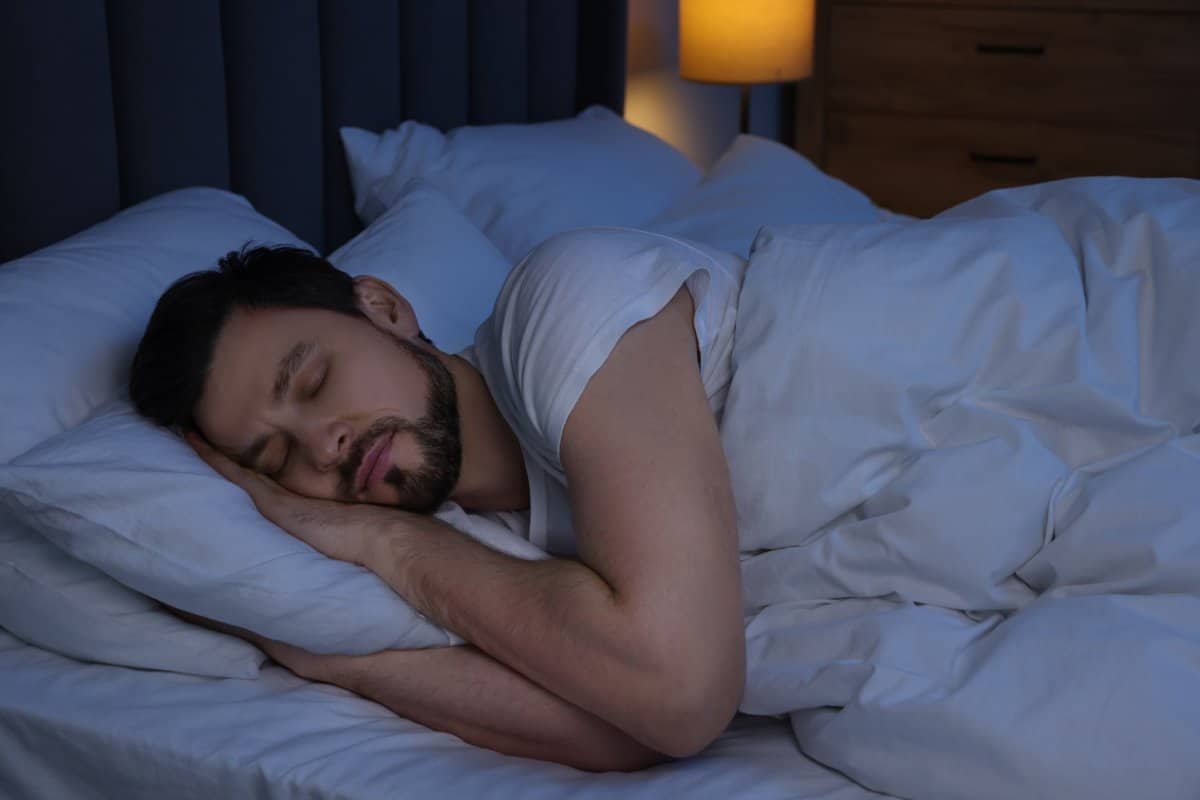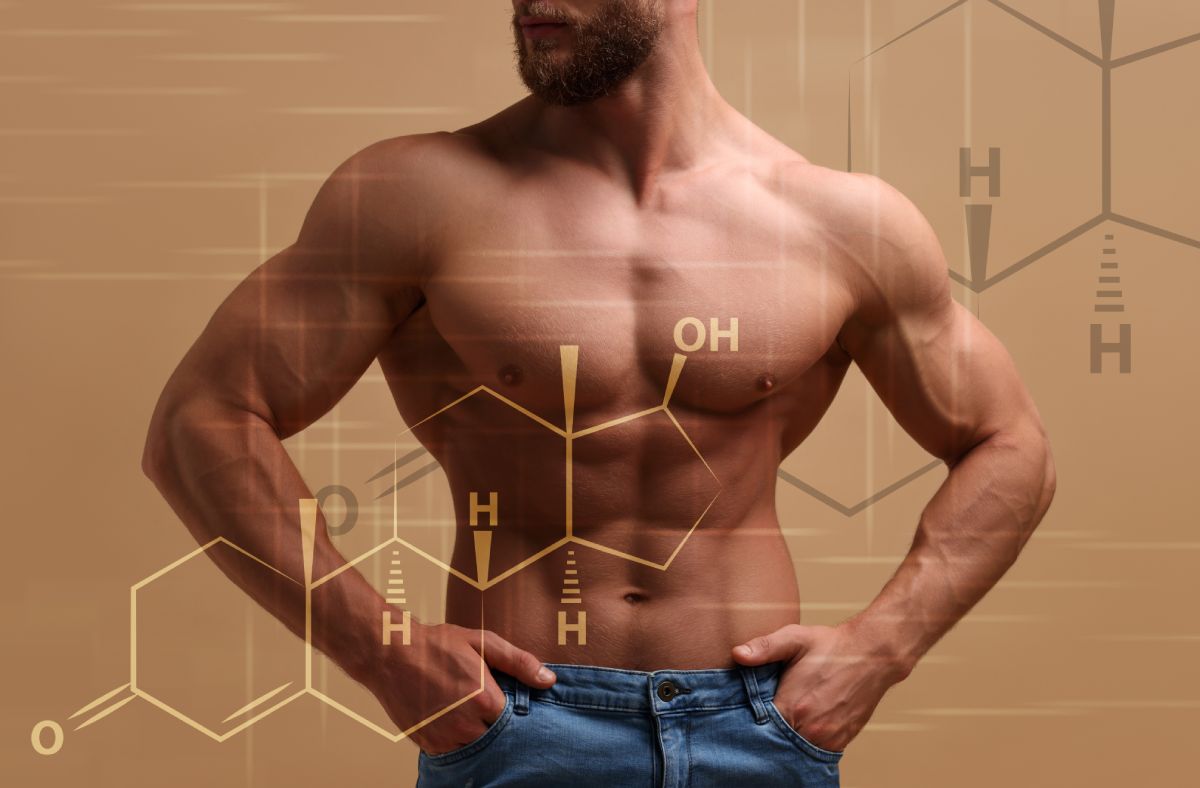Testosterone replacement therapy (TRT) is often discussed in the context of physical health, improving muscle mass, bone density, and sexual function. Yet, the impact of TRT on mental health, particularly in addressing depression linked to low testosterone levels, is gaining attention.
Let’s dive into how TRT can play a role in alleviating symptoms of depression, shining a light on the often-overlooked link between low testosterone and mental health.
Can Low Testosterone Cause Depression?
The male hormone testosterone plays a crucial role not just in physical attributes like muscle mass and sex drive but also in overall men’s health, including mental well-being. Studies have suggested a link between low testosterone (Low T) and depression, indicating that low levels of this sex hormone might contribute to a decline in mental health.
Symptoms of Low Testosterone
Symptoms of low testosterone can range widely, impacting various aspects of health:
- Decreased muscle mass and bone density
- Reduced sex drive and sexual desire
- Lower energy levels
- Challenges with sleep apnea
- An increased risk of health conditions such as heart attack and prostate cancer
These symptoms, particularly when they include lowered sexual function and energy levels, can significantly affect one’s mental state, contributing to feelings of depression.
The Role of TRT in Mental Health
TRT aims to restore testosterone levels to their normal range, potentially alleviating both the physical and mental symptoms associated with Low T. By addressing the hormonal imbalance, TRT can improve:
- Energy levels, reducing feelings of fatigue that often accompany depression
- Sexual function and desire, which can boost self-esteem and improve mood
- Overall sense of well-being and mood, possibly due to the normalization of testosterone levels
Beyond Depression: Other Mental Health Benefits
Besides its potential to alleviate depression, TRT might also positively affect other aspects of mental health, including cognitive functions and emotional stability. Increasing testosterone levels can lead to improved concentration, better sleep patterns, and a greater ability to cope with stress.
Important Considerations

While TRT can offer significant benefits for those suffering from low testosterone and depression, it’s essential to approach treatment with caution:
- Blood Test: A comprehensive blood test is crucial to accurately diagnose Low T and understand its potential link to depression.
- Health Conditions: Concerns like sleep apnea, red blood cell counts, and an increased risk of prostate cancer should be carefully monitored during TRT.
- Pituitary Gland Checks: Since the pituitary gland plays a key role in regulating hormone levels, including testosterone and sperm count, its function must be evaluated before starting TRT.
Conclusion: A Holistic Approach to Health
The connection between low testosterone and depression highlights the importance of a holistic approach to health. By addressing the physical symptoms of Low T with TRT, individuals may also find relief from the mental and emotional challenges that accompany hormonal imbalances.
If you’re experiencing symptoms of low testosterone or depression, consulting with a healthcare provider can be the first step towards understanding your condition and exploring the benefits of TRT as part of your treatment plan.
Remember, mental health is just as important as physical health, and in the realm of men’s health, the two are deeply interconnected. Through careful diagnosis and personalized treatment plans, TRT offers a pathway not only to improved physical health but to a happier, healthier mind.





